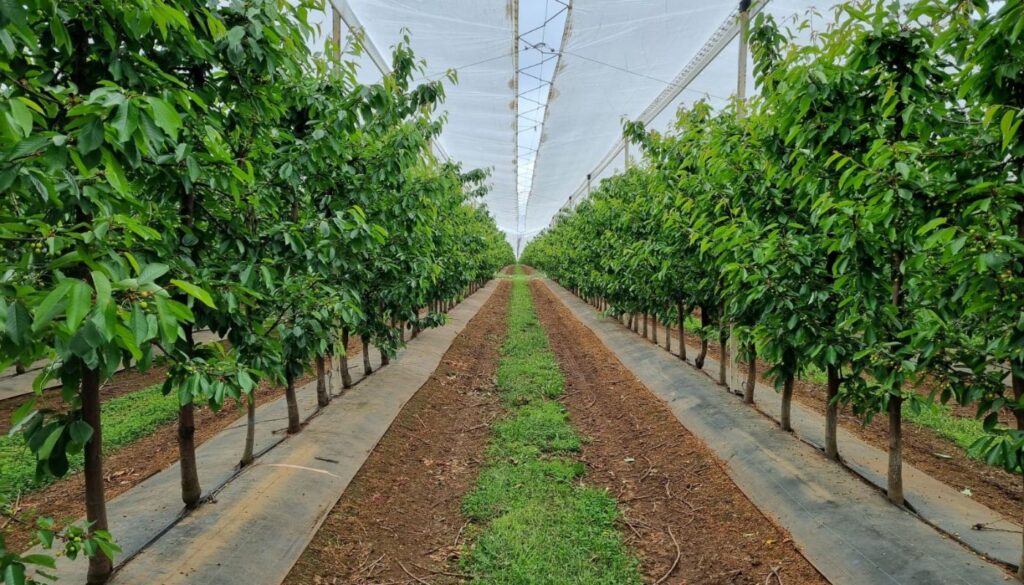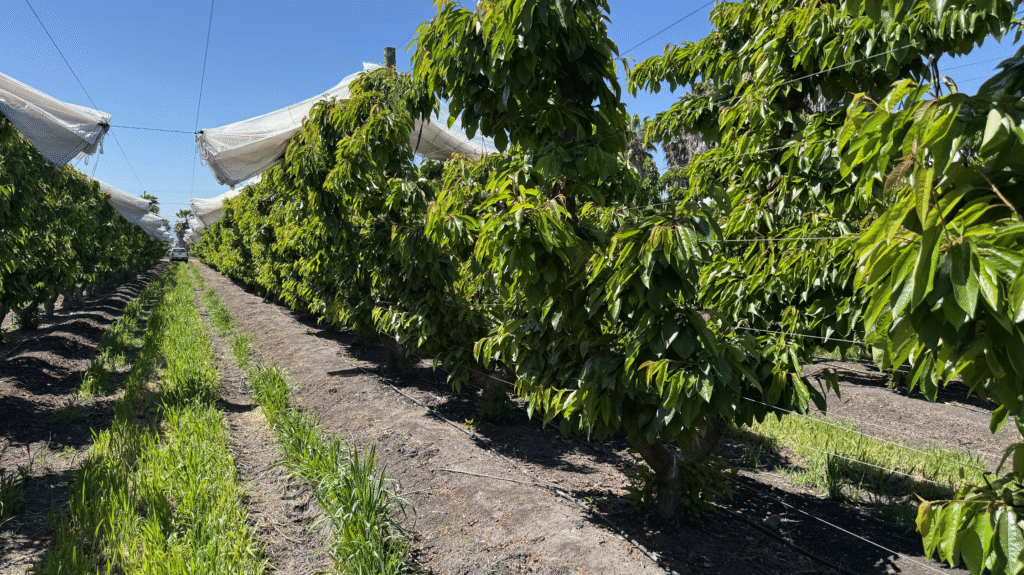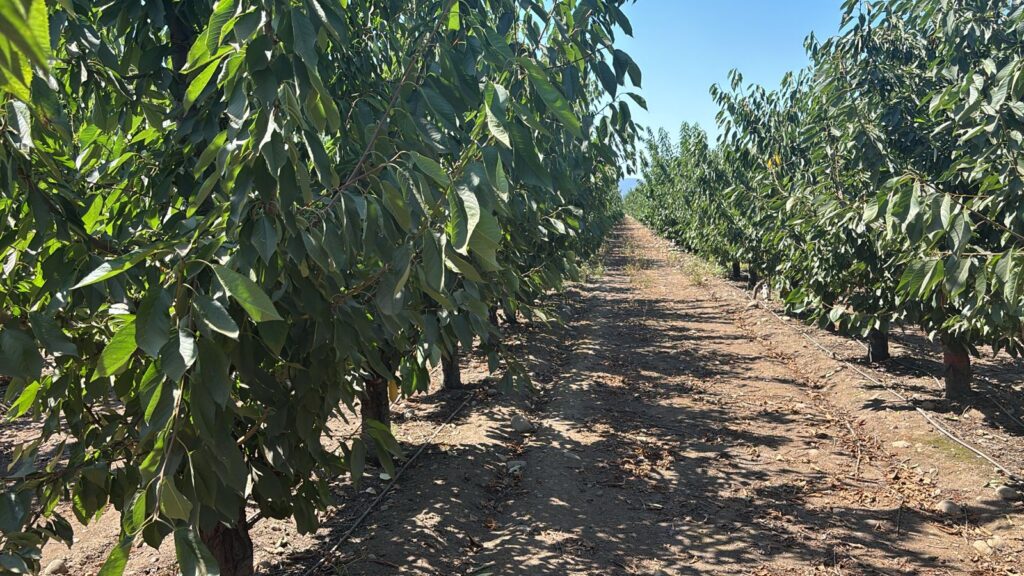The activity is organized by INIA and the universities of Concepción and Talca, and is funded by the National Agency for Research and Development, ANID, the Regional Government of Ñuble, the support of the Foundation for Agricultural Innovation FIA, and the sponsorship of the Chilean Society of Phytopathology. The activity is scheduled for October 10 and 11, at the Marina del Sol Hotel in Chillán. The event will bring together specialists from various countries, dedicated to the prevention and management of diseases that affect the wood of fruit trees.
“This workshop was created in response to the growing problem of diseases affecting the wood of fruit trees such as pome trees, vines, nut and stone fruit trees, and how these affect the yield, quality of the fruit and longevity of the orchards,” said INIA Quilamapu researcher and plant pathologist Daina Grinbergs, one of the organizers of the event. She added that the meeting will be an opportunity for specialists from different latitudes to meet and discuss and analyze ways of managing and controlling the problem.
Researcher Daina Grinbergs commented that traditionally this type of meeting has revolved around the wine industry, which motivated the organizers to incorporate other fruit species that are also affected by the same pathogens.
Additionally, the plant pathologist explained that together with producers, advisors and interested parties, the prevention and management measures for these diseases will be analyzed, since, despite the fact that in Chile they generally work with the model used in California, "we do not obtain the same results," which responds to the different conditions existing in both countries.
Regarding the damage suffered by fruit trees due to diseases, Grinbergs explained that not all pathogens affect the different species with the same intensity and aggressiveness, which means that in some cases the plants are affected immediately, while in other cases the damage can take years to show symptoms. Thus, species such as blueberries can see their production affected by a decrease of around 40 %, while in apple trees this can exceed 60 %.
Finally, the specialist said that the "International Workshop on Wood Fungi in Fruit Trees" scheduled for October 10 and 11 in Chillán, will bring together national specialists and scientists from the University of California in Davis (United States) and the Institute of Vine and Wine Sciences (ICVV) of Spain, among others, with whom they are already seeking to address different perspectives and alternatives to the treatment of this type of disease.








